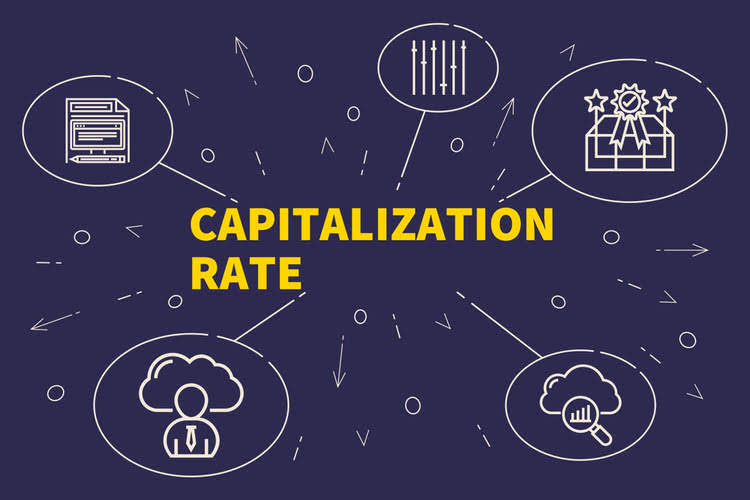
Most companies that reach the point of needing a full-charge bookkeeper will have plenty of other lower-level functions to manage. Even small- to mid-size firms may employ several bookkeeping clerks, administrative assistants, or other personnel to manage clerical work. Adding a full-charge bookkeeper into the mix can drastically change the responsibilities and workflows of these existing teams.

In this case, the full charge bookkeeper position may be converted into an assistant controller position, with responsibility for some aspects of accounting operations. With additional training, a full charge bookkeeper could be promoted into the controller position. The primary distinction lies in their educational and certification requirements.
Bookkeepers compile balance sheets, income statements, and cash flow statements, providing a clear picture of the organization’s financial performance. These documents are vital for decision-making by management and stakeholders and must be prepared with precision and adherence to accounting standards. A full-charge bookkeeper possesses a broader skill set and assumes more extensive responsibilities than an in-house. Full charge bookkeepers perform all the tasks regular bookkeepers do, along with full-cycle accounting duties, except for full charge bookkeeper those that can be done only by a certified public accountant. Even though they are not as well-paid as accountants, full charge bookkeepers definitely earn more than regular bookkeepers.
A full charge bookkeeper covers a regular bookkeeper’s tasks but does additional, more complex duties. A full charge bookkeeper takes full ownership of a company’s books, from the everyday details to the big-picture financials. A full charge bookkeeper manages day-to-day financial tasks—like recording transactions, reconciling accounts and maintaining records. On the other hand, an accountant analyzes financial data to provide insights and support strategic planning. In short, bookkeepers focus on a company’s past financial records, while accountants use that data to offer forward-looking advice and guidance.


For such matters, they would still seek external assistance from experts in SME and consumer goods accounting services such as controllers or certified public accountants. This includes recording financial transactions, reconciling accounts, and preparing financial statements. Analytical skills are paramount, enabling bookkeepers to interpret complex financial data and provide actionable insights. Attention to detail is equally important, given the precision required in financial reporting and compliance tasks. Proficiency in accounting software is a must, as technological aptitude can significantly enhance efficiency and accuracy.

Understanding their duties is crucial for anyone pursuing this career or hiring such talent. Opinions expressed on the pages of this website belong to the author and do not represent the views of companies whose products and services are being reviewed. To get CARES Act one, you’ll have to have at least two years of professional experience in the field and pass the exam. We’ve already mentioned some of the skills that full charge bookkeepers should possess, but we’d like to focus more on their educational background. Now, let’s take a look at full charge bookkeeper vs. bookkeeper job descriptions and compare them.
Attention to detail is paramount, as even a small oversight can lead to significant https://www.bookstime.com/ financial discrepancies. Depending on your unique situation, a bookkeeper will do anything from leading vendor relationships to informing cross-enterprise reporting. Learn more about this and other common misconceptions about bookkeeping services.
Nevertheless, it is important to consider the following key advantages of employing a full-charge bookkeeper for your business. Traditional firms often offer packages or tiered pricing structures depending on the size and complexity of the business. Monthly fees can range from a few hundred to several thousand dollars per month, with additional costs for specialized services such as tax preparation, financial analysis, or consulting. In this article, we’ll discuss what a full charge bookkeeper is, the benefits of this type of accounting, and how you can receive full charge bookkeeping services for your business. Look for a full charge bookkeeper with strong attention to detail and great communication skills.
theth Tour albania real estate saranda